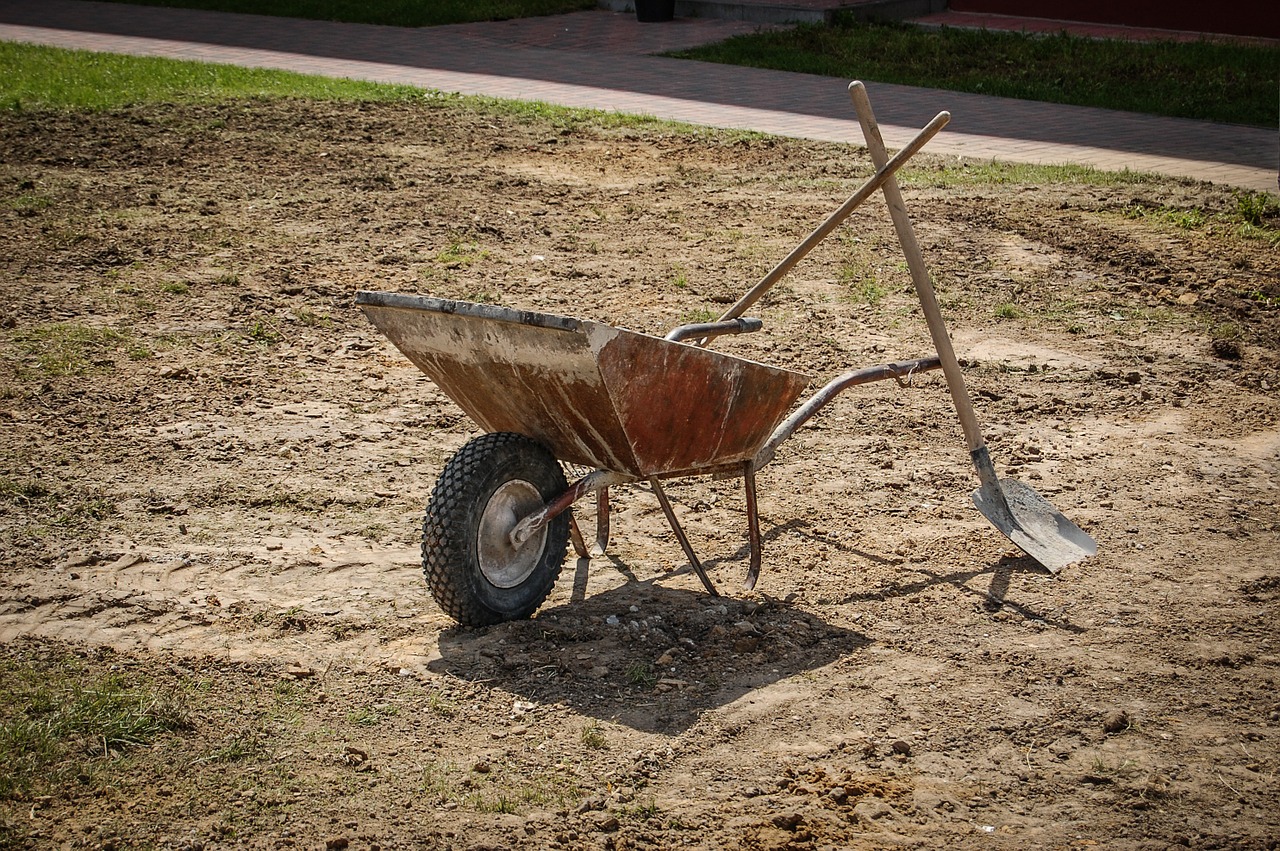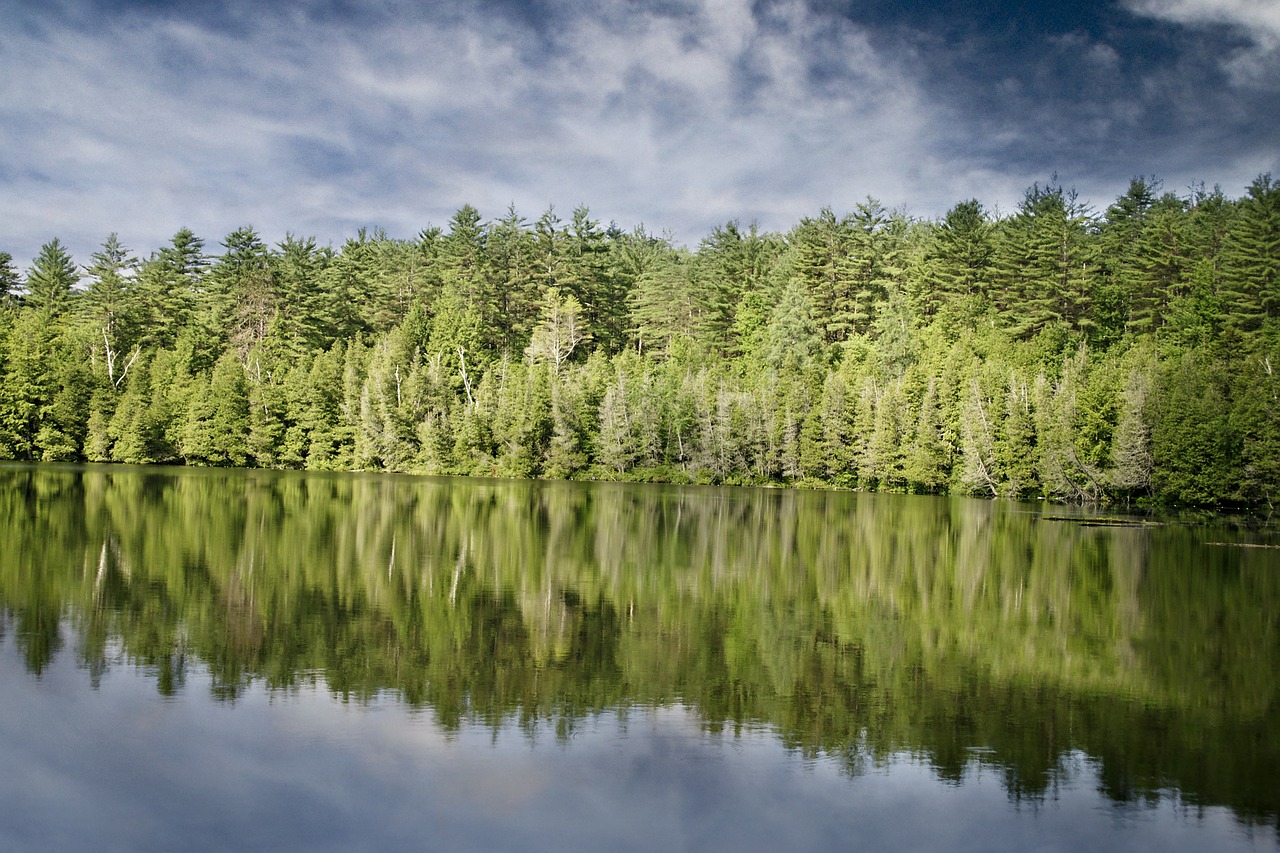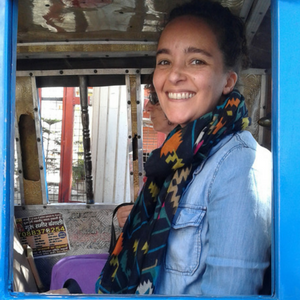In this blog-series accompanying our project of updating the Peace and Conflict Studies lectures (we call it PACS 164-c), Kimberlyn David reviews some of the key material of the course from a personal lens in an effort to generate personal reflection and the application of course content.
There’s growth that increases stock prices, fosters consumerism, and places humans on a pedestal above the rest of life. Then there’s the growth that leads to improved human relationships and a profound human connection with the whole of life. The former neglects our inherent worth; the latter stimulates it.
As I sat down to write, I glanced at some headlines and spotted one about a new Facebook-like social network founded by a wealthy person seeking to “mingle with like-minded people.” Joining the network costs $9,000, with an annual membership fee of $3,000. Two sentences rush into mind:
1. An online hangout for the “haves” won’t keep us pesky “have-nots” out of sight and out of mind elsewhere.
2. Wealth makes no one special: we’re all born, and we all die—that’s the equality of life.
I wish I could have realized the truth of number two at a much younger age, when wearing hand-me-down clothes and living in decrepit housing meant being marginalized socially. I spent my teenage years depressed and trying to fit in, desperate for a sense of belonging. The word “poor” entered my vocabulary in the sixth grade, when a classmate asked me with a mix of curiosity and disgust, “Are you poor?”
I’m a bona fide expert in poverty, but my kind of expertise isn’t invited on talk shows or requested for Wall Street Journal interviews. The “experts” who do appear in major media typically lack any lived experience with poverty and therefore hold a skewed understanding of it. They sometimes blame the poor, fomenting social divisions with talk about “welfare moochers” and their supposed tendency to laze around over working hard.
What is hard work, exactly—who gets to define it, and for what reasons? Is “hard work” the number of hours worked and/or the amount of money earned? What qualifies our efforts as “hard,” and is describing our work as such necessary? How about when people inherit wealth but don’t work?
 I grew up in a family in which “you work hard and play by the rules” was an unspoken mantra. My dad drove a school bus and was a school bus mechanic. He and his girlfriend, who also drove a school bus, raised five of us kids on meager salaries, and we saw our fair share of tough times. At certain points we lived like sardines, with the seven of us crammed into a tiny camper and crammed once more in a two-bedroom trailer. As a teen who internalized my place on the social ladder as less-than, I furiously blamed my dad. “Why can’t he just get a real job?” I often fumed to myself.
I grew up in a family in which “you work hard and play by the rules” was an unspoken mantra. My dad drove a school bus and was a school bus mechanic. He and his girlfriend, who also drove a school bus, raised five of us kids on meager salaries, and we saw our fair share of tough times. At certain points we lived like sardines, with the seven of us crammed into a tiny camper and crammed once more in a two-bedroom trailer. As a teen who internalized my place on the social ladder as less-than, I furiously blamed my dad. “Why can’t he just get a real job?” I often fumed to myself.
How do you put a monetary value on transporting kids safely to school (my dad held a perfect driving record throughout his entire career)? How do you put a monetary value on TV punditry? One job is deemed valuable in (and to) “the market” while the other is not, even though the unvalued job gives society a far more meaningful return.
Each of us should be able to decide for ourselves what equals hard work and whether “hard” work is important. When I’ve struggled for hours, maybe days, over a piece of writing and then finally bust through the confusion? That’s hard work, and I find it important. I’ve worked hard to keep my cool when receiving anger or being the subject of unjust treatment. Definitely important. Ditto on realizing that my self-worth isn’t tethered to what I have or don’t have materially.
Which brings me back to the question of growth. My heart sinks at the mentions of stale economic “solutions”—expanding the middle class and job creation, both of which focus on economic growth, as if that’s the only growth that matters or is even wanted.
What about the growth of human potential and freedom? Or the growth of forests? Why not measure growth by how well we clean up our pollution and make peace with other living beings on this beautiful planet?
A discussion about my last post with my friend Sarah ventured into permaculture, a term coined by Bill Mollison and defined as “a philosophy of working with, rather than against nature; of protracted and thoughtful observation rather than protracted and thoughtless labor; and of looking at plants and animals in all their functions, rather than treating any area as a single product system.”
Sarah and I turned to permaculture for drawing analogies between the aliveness of dirt and the aliveness of human peace. I see action-oriented nonviolence as the tilling of social soils—it churns up impurities in support of societal growth. Sarah made her own analogy:
If it’s calm [the soil], then there is no life. But peace is different than calm and involves balance and struggle. Not the fighting kind of struggle, but the striving kind of struggle. And to many, a calm plot of land (weedless, organized, and one-dimensional) looks more appealing than a balanced or truly peaceful plot of land (weedy, wild, and layered)—until they try to get any use out of it.
Permaculture recognizes life as a co-creation whereby no single life form can make it on its own. The current economic system asks us to believe that, somehow, humans are an exception. As John Seed, an Australian environmental activist and founder of the Rainforest Information Centre, writes in his essay “The Religion of Economics”:
[S]uch things as air, water, soil, and life itself are judged worthless while social fictions such as money are considered real and essential to human experience. This is a “miracle” of breathtaking power compared to which the parting of waters, or turning water into wine pale into insignificance.
Seed’s comparison resonates with me. In Metta Center’s course on nonviolence, we frequently talk about the roles of religion in nonviolent history. There’s a lot of unnecessary suffering in the world, and much of it revolves around economic religiosity. We are the creators of economic religion, and we can eliminate our faith in it at any time—the world won’t end. And no one will burn us at the stake for saying so.









